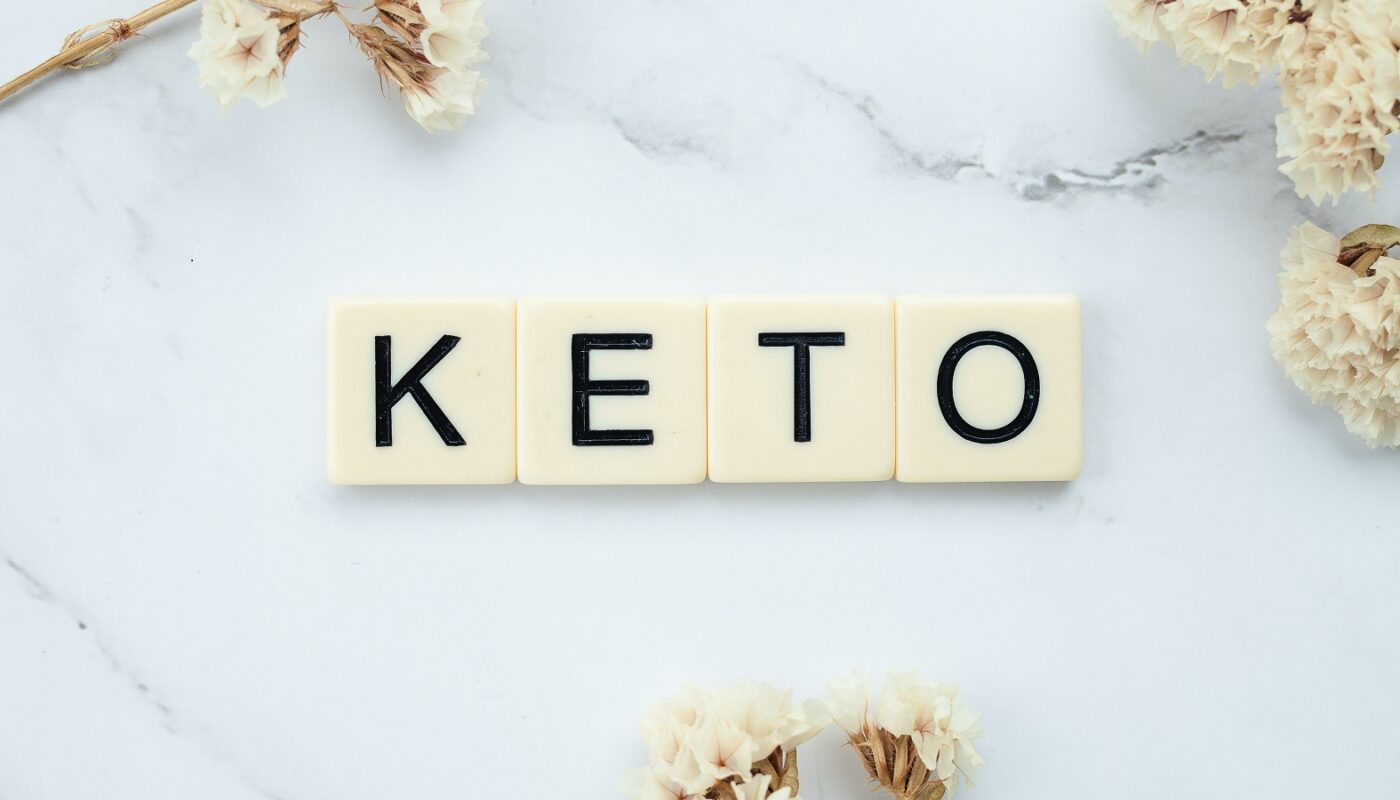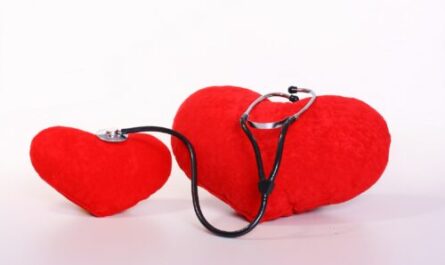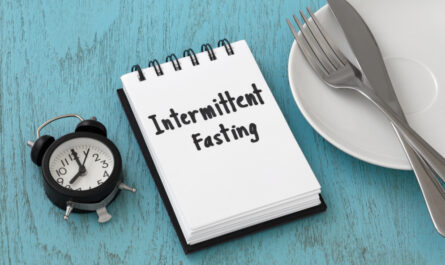The ketogenic diet (or keto diet, for short) is a low carb, high fat diet that offers many health benefits. In fact, many studies show that this type of diet can help you lose weight and improve your health (1Trusted Source).
Ketogenic diets may even have benefits against diabetes, cancer, epilepsy, and Alzheimer’s disease (2Trusted Source, 3Trusted Source, 4Trusted Source, 5Trusted Source).
Essentially, keto involves eating a ketogenic (keto) diet, or better still, to change your “way of eating.” Most cells prefer to use blood sugar, which comes from carbohydrates, as the body’s main source of energy. In the absence of circulating blood sugar from food, we start breaking down stored fat into molecules called ketone bodies (the process is called ketosis). Once you reach ketosis, most cells will use ketone bodies to generate energy until we start eating carbohydrates again. The shift, from using circulating glucose to breaking down stored fat as a source of energy, usually happens over two to four days of eating fewer than 20 to 50 grams of carbohydrates per day. Keep in mind that this is a highly individualized process, and some people need a more restricted diet to start producing enough ketones.
Keto basics
The ketogenic diet is a very low carb, high fat diet that shares many similarities with the Atkins and low carb diets. It involves drastically reducing carbohydrate intake and replacing it with fat. This reduction in carbs puts your body into a metabolic state called ketosis. (6Trusted Source).
Ketogenic diets can cause significant reductions in blood sugar and insulin levels. This, along with the increased ketones, has some health benefits (6Trusted Source, 7Trusted Source, 8Trusted Source).
What is ketosis?
Ketosis is a metabolic state in which your body uses fat for fuel instead of carbs.
It occurs when you significantly reduce your consumption of carbohydrates, limiting your body’s supply of glucose (sugar), which is the main source of energy for the cells.
Following a ketogenic diet is the most effective way to enter ketosis. Generally, this involves limiting carb consumption to around 20 to 50 grams per day and filling up on fats, such as meat, fish, eggs, nuts, and healthy oils (6Trusted Source).
It’s also important to moderate your protein consumption. This is because protein can be converted into glucose if consumed in high amounts, which may slow your transition into ketosis (10Trusted Source).
Practicing intermittent fasting could also help you enter ketosis faster. There are many different forms of intermittent fasting, but the most common method involves limiting food intake to around 8 hours per day and fasting for the remaining 16 hours (11Trusted Source).
Blood, urine, and breath tests are available, which can help determine whether you’ve entered ketosis by measuring the amount of ketones produced by your body.
Certain symptoms may also indicate that you’ve entered ketosis, including increased thirst, dry mouth, frequent urination, and decreased hunger or appetite (12Trusted Source).
Different types of ketogenic diets
There are several versions of the ketogenic diet, including:
- Standard ketogenic diet (SKD): This is a very low carb, moderate protein and high fat diet. It typically contains 70% fat, 20% protein, and only 10% carbs (9Trusted Source).
- Cyclical ketogenic diet (CKD): This diet involves periods of higher carb refeeds, such as 5 ketogenic days followed by 2 high carb days.
- Targeted ketogenic diet (TKD): This diet allows you to add carbs around workouts.
- High protein ketogenic diet: This is similar to a standard ketogenic diet, but includes more protein. The ratio is often 60% fat, 35% protein, and 5% carbs.
However, only the standard and high protein ketogenic diets have been studied extensively. Cyclical or targeted ketogenic diets are more advanced methods and primarily used by bodybuilders or athletes.
The information in this article mostly applies to the standard ketogenic diet (SKD), although many of the same principles also apply to the other versions.
What types of foods should I eat on Keto?
For more insights and the recommended types of foods to eat while doing the “Keto (WOE)” check out our recommended KETO-Friendly Foods List. The sky is the limit! Enjoy your journey.
Ketogenic Diet Can Help You Lose Weight
A ketogenic diet is an effective way to lose weight and lower risk factors for disease (1Trusted Source, 2Trusted Source, 3Trusted Source, 4Trusted Source, 5Trusted Source).
In fact, research shows that the ketogenic diet may be as effective for weight loss as a low fat diet (13Trusted Source, 14Trusted Source, 15Trusted Source).
What’s more, the diet is so filling that you can lose weight without counting calories or tracking your food intake (16Trusted Source).
One review of 13 studies found that following a very low carb, ketogenic diet was slightly more effective for long-term weight loss than a low fat diet. People who followed the keto diet lost an average of 2 pounds (0.9 kg) more than the group that followed a low fat diet (13Trusted Source).
What is keto flu?
The so-called keto flu is a group of symptoms that may appear two to seven days after starting a ketogenic diet. Headache, foggy brain, fatigue, irritability, nausea, difficulty sleeping, and constipation are just some of the symptoms of this condition, which is not recognized by medicine. A search for this term yields not a single result on PubMed, the library of indexed medical research journals. On the other hand, an internet search will yield thousands of blogs and articles about keto flu.
It is tricky to describe exactly what happens after the diet change, because we are left with only our own observations and experiences. These symptoms may not even be unique to the ketogenic diet; some of my patients describe similar symptoms after they cut back on processed foods, or decide to follow an elimination or an anti-inflammatory diet.
What causes keto flu?
Well, we don’t really know why some people feel so bad after this dietary change. Is it related to a detox factor? Is it due to sugar or carb withdrawal? Is there an immunologic reaction? Or is this a result of a change in the gut microbiome? Whatever the reason is, it appears the symptoms attributed to the keto flu may happen, not to everyone but to some people, after “cleaning up” their diet.
What to do for keto flu?
If you decide for whatever reason to change your diet and feel tired and a little off, do not become exasperated and lose hope. Here are a few tips:
- There is no need to go online and buy any expensive supplements. Many websites are trying to make big bucks selling products to make you feel better without any data to back up those claims.
- Despite its name, this is not like the flu. You will not develop a fever and the symptoms can hardly ever make you incapacitated. If you feel very ill, consider visiting your doctor, as something else may be happening.
- Make sure you drink plenty of water. Some diets can make you dehydrated.
- Eat more often and make sure you have plenty of colorful vegetables. Switching from a standard American diet, rich in simple carbs, trans fats, and saturated fat, is a big change in how your cells use energy. Food is not only calories and energy, it is communication to your cells.
- Do not give up if you are committed to a plan. You may feel exhausted for a few days, but at the end of a week, your energy level will most likely return to normal and you may feel even better.
- If everything else fails, consider easing into the new diet more slowly, instead of “cold turkey.”
Undesirable symptoms may show up in the first few days after changing what you eat. But this should not be the deciding factor when choosing what to put on your plate. Ideally, you should have the most comprehensive and nutritionally dense diet possible.
It is our recommendation that you first consult your doctor, then consider taking some electrolytes to help you to replenish any lost minerals and nutrients that your body needs to get back on track. We have tried and trust this brand, . Just one scoop a day in a bottle of water is all it takes. Discount code to apply at checkout: DEJH76VTXI18.



